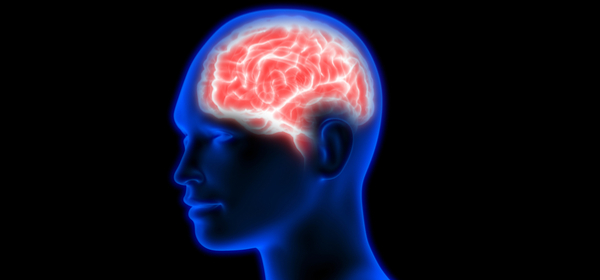Scientists have been forced to rethink when brain function begins to decline, after physicists devised a new method of investigation.
The new technique also opens the door to diagnosing more ageing-related diseases.
This new non-invasive technique could potentially be used for any diagnosis based on cardiovascular and metabolic-related diseases of the brain.
Researchers at Lancaster University (UK) and the Medical University of Gdansk (Poland) deciphered oscillations in the cerebrospinal fluid which lies between the brain and skull.
Using methods developed by physicists at Lancaster University, it has been shown that the circulation of this fluid throughout the brain is highly fluctuating, and that these fluctuations are slow but interconnected by the rhythms of breathing and the heart rate.
Researchers found that some of these oscillations are linked to blood pressure, but are generally slower, occurring at lower frequencies, which have been shown in previous studies to be related to oscillations in vascular motion and blood oxygenation.
Preliminary results showed evidence of a decline in the coherence between these oscillations in participants over the age of 25, indicating that brain ageing may begin earlier than expected.
Professor Aneta Stefanovska from Lancaster University said: “Combining the technique to non-invasively record the fluctuation corresponding to cerebrospinal fluid and our sophisticated methods to analyse oscillations which are not clock-like but rather vary in time around their natural values, we have come to an interesting and non-invasive method that can be used to study ageing and changes due to various neurodegenerative diseases.”
Are you worried about your brain ageing? Do you do brain training exercises to keep your mind fit and healthy?
Related articles:
Brain test predicts risk of death
Is brain food a myth?
Do brain-training games work?

